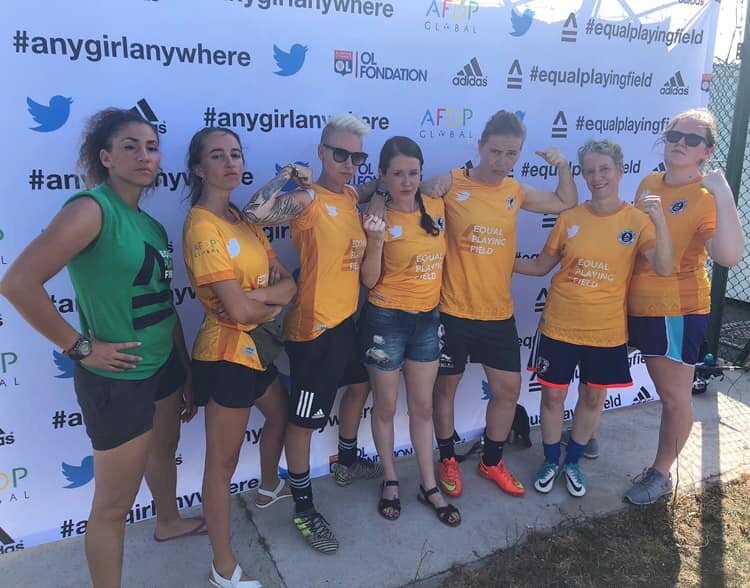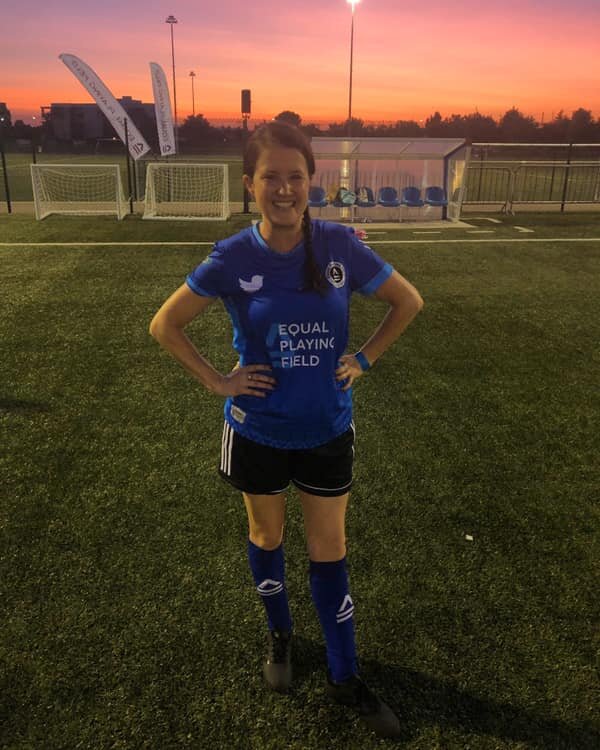I’ve wanted to be a film director all my life. Since I was a little girl, I was swept up in the magic of cinema. It was my window to diverse cultures – a thread that connects humanity.
Representation is essential. While cinema nurtured me, it became clear I couldn’t have a future as a film director - I didn’t have a lot of female heroes to look up to, which instilled a strong sense of doubt that this dream was possible.
After a decade of working in other parts of the industry, tragedy enveloped my family – my beautiful mom Jayne was diagnosed with cancer. I moved home to spend the next year as her caregiver. Watching her suffer and eventually take her last breath changed me forever.
Reminded of the preciousness of time, I was instilled with the courage to finally chase the dream I’ve had in my soul since I could walk. Committed to the intersection of art and impact, Radiant J. Productions was born - the “J” stands for my mama, always guiding the way.
Turning pain into power, Equal Playing Field was the perfect first feature. It explores everything I’m passionate about: social equity, love, inclusion, unity, resilience, environmentalism.
I know my story is not unique – all artists have hardship in their blood. But if I had seen this film and was inspired by these women as a little girl, when one hand was rooted on the ground while the other was still reaching towards the sky, perhaps it wouldn’t have taken me a tragedy to live my truth and fight for my dream.
These remarkable women have changed my life forever. I can’t wait for them to change yours.
Amirose Eisenbach
Co-Director and Producer, Equal Playing Field






